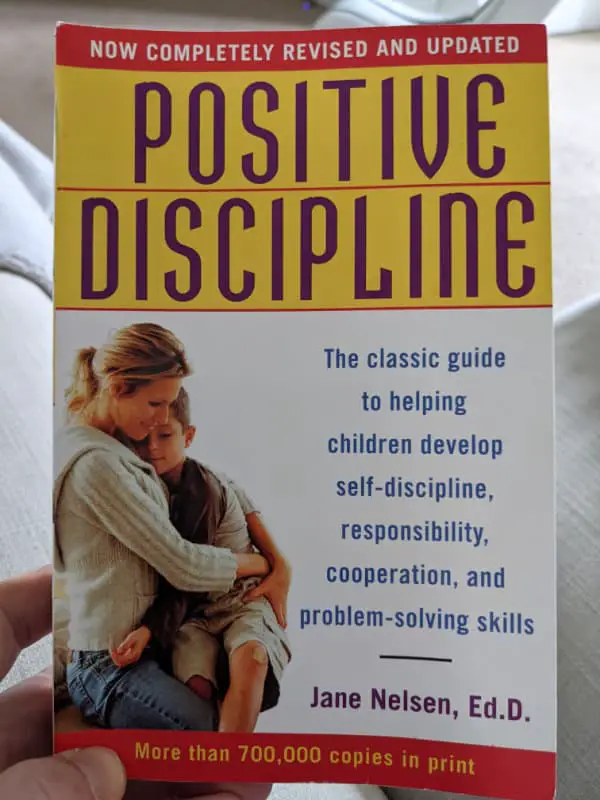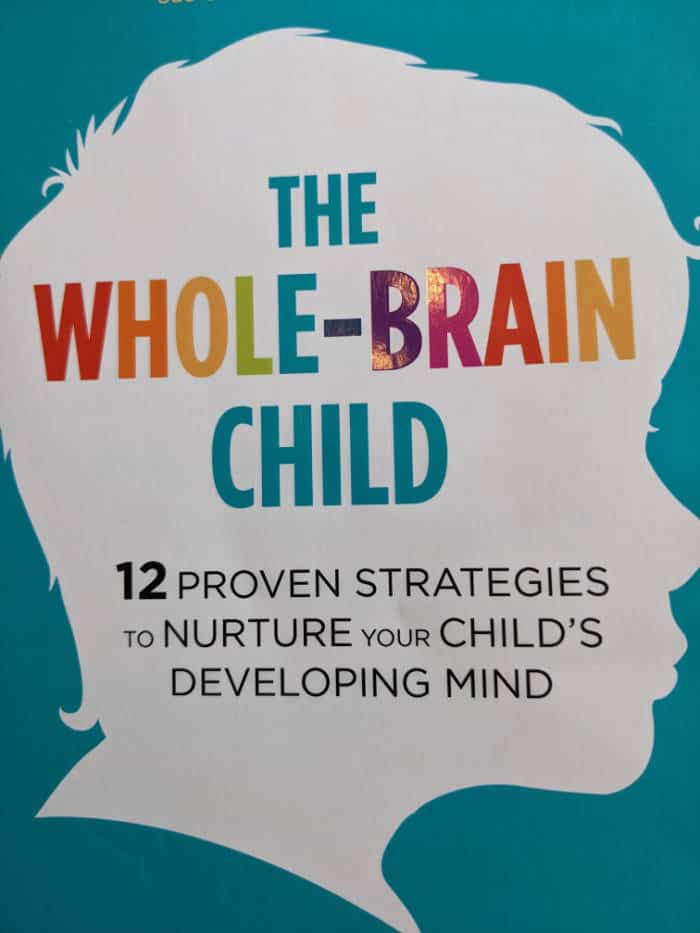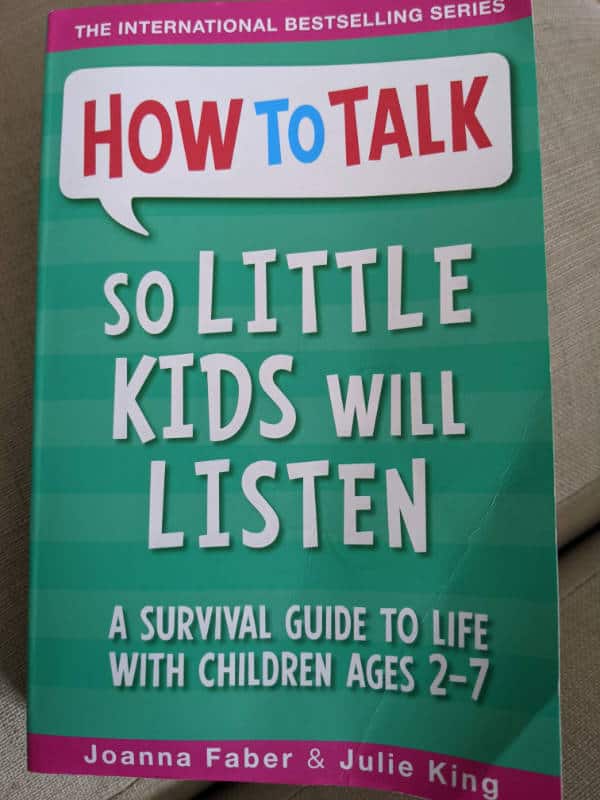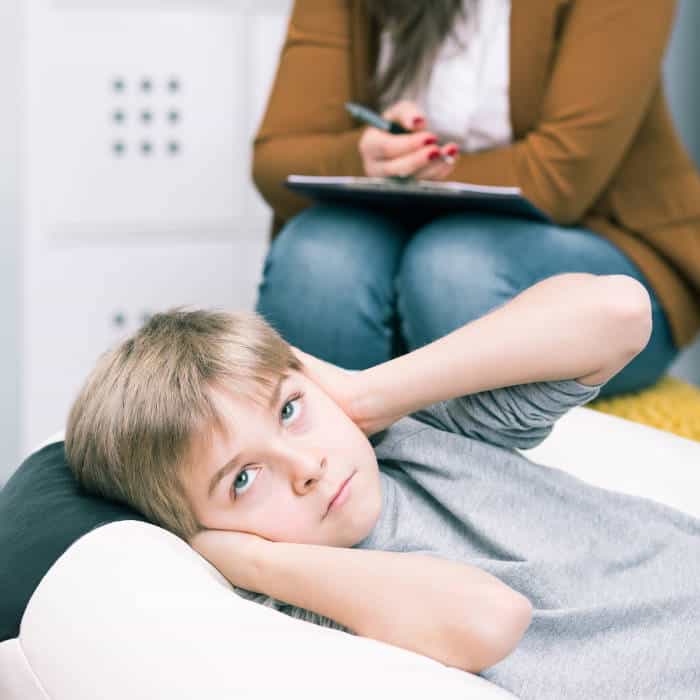Want to learn how to raise amazing kids? Don’t we all. Part of that comes from understanding them. Who doesn’t want to understand a little more about kids brains and how they work? And more importantly how they work differently from yours!
I recently spent 3.5 hours watching this popular parenting course by Gregory Caremans of the Brain Academy on Udemy and I’m here to give you the lowdown. What’s good? What’s average? What were my major takeaways from it? Is it worth your hard earned cash and time?
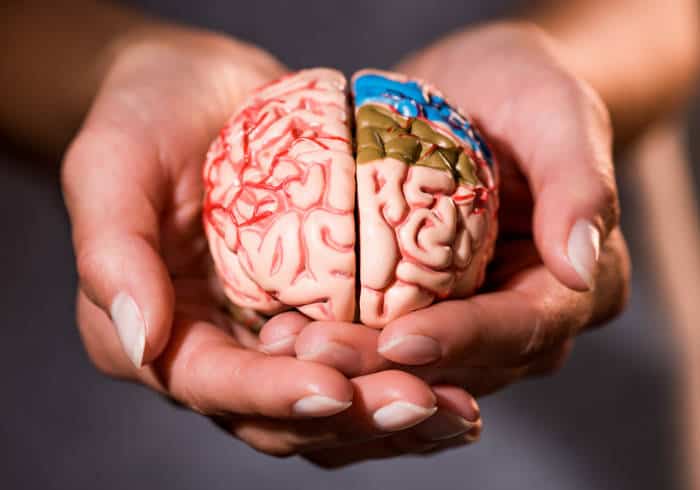
Table of Contents
Course Overview
- Course Length: 39 videos with a total of 3.5 hours playtime
- Number of Students: 48000 (at time of writing)
- Recommended Skill Level: Everyone and Anyone
- Child Age Ranges: All, 0-17
This is described as an “Edutainment” course. It isn’t overly technical and it won’t make you an expert on the finer points of the human brain or the Neurocognitive and Behavioral Approach (which it is based on). There isn’t a huge amount of scientific information or jargon. Most of the videos are Greg himself talking directly to the camera. When a subject is being discussed sometimes relevant shots of stock photos are thrown into the mix, and to keep things interesting Greg uses film clips and memes and other humourous images to keep your attention.
The course is setup in 4 major modules and a conclusion. Each module starts with an overview of a certain area of the brain. The 4 modules cover the Reptilian, Paleolimbic, Neolimbic and Prefrontal brain areas. A module will first discuss the area of the brain and what it is responsible for. Once you have this information there are then different sections within the module that discuss how these areas, develop and affect different aspects of a childrens behavior. Also which chemicals are responsible within the human body (mainly Oxytocin and Dopamine) creating certain emounts and mental states.
Over and above the couse itself (which is added to and updated as necessary), at the time of writing this review there were 213 questions asked by students and answered. These also offer another useful mine of information if you had the time to read through them.
Your Instructor
Greg is a dad of 2 and psychologist with a masters in communication. He’s a very good communicator with a slight French accent to his well spoken english. He’s easy to listen to and engaging to watch.
Greg runs the Brain Academy which donates part of its profits to the Max Planck Institute for brain research. His academy has a website (www.brainacademy.com) and he offers many other courses along a similar neuroscience theme, such as:
- Master your brain is the N°1 course on Neuroscience
- Meet your brain is the N°1 free personal development course
- How to keep a youthful brain is the N° 1 course on Brain Training
- Our Neuroplasticity course is N°1 in its category
- Our course on procrastination is the N°1 course on procrastination
- Our course on Memory is the N°2 course on Memory and study skills
- Our Stress Management course is N°1 out of almost 900 courses on stress.
- Our leadership course is N°2, right between Seth Godin and Brian Tracy
- Our course on Marketing and Manipulation is the N°3 course on influence skills
Review
This is exactly as described, edutainment. There are some great uses of memes and film clips throughout the 3.5 hours of video to keep things interesting and occasionally funny and light hearted. I managed to watch the whole thing in one sitting (with a few small breaks). Greg is a very good communicator with a nice speaking style. Most of the videos are him, speaking to the camera and he is engaging and easy to listen to. This course would also work well as a podcast, the visuals are really there to keep you interested and lighten the mood.
The content is interesting, but you might find that some things you’ve heard already, as some of it is based on research that has hit the headlines before. However as you can see from my ‘major takeaways’ there are also a quite a few tidbits of information for a parent that make the price tag worthwhile.
Whilst it’s based on the Neurocognitive and Behavioral Approach was created in France, over a period of 25 years, by Dr Jacques Fradin. However, having watched the course, I’m still a little unclear as to exactly WHAT that is and what parts of the course relate to it. However I do now know what the Reptilian, Paleolimbic, Neolimbic and Prefrontal parts of the brain are for and what they do.
Overall I’d say this course is worth a watch, if you can spare the time and the cash I’d give it a go. You will gain some knowledge on how the brain works and grows. How the different areas of the brain and the chemicals at play relate to how your children will behave. There are also some useful ideas on how best you can deal with those behavoirs, and some generally good parenting advice and tips for all ages of children.
My Major Takeaways / Notes
Here are my major takeaways from this one….
Kids are not mini adults. They’re plainly different from you and this is something every parent should always remember. I can’t explain it all here but the course helps to know exactly how they’re different and what’s driving them.
Offer free hugs whenever your children are upset, no matter how you feel. Oxytocin is your friend.
When you compliment your kids, focus on the process not the outcome. Why? In short you don’t want them to become crowd pleasers and the reasons for this are explained in detail.
2 simple mental tricks to keep calm in those frustrating parenting moments! Think of this moment ten years from now and think how it could be worse. Why this works is down to engaging the right part of your brain.
You’ll never be able to learn anything to a ‘native‘ or second nature level any more. Like a language or a sport. Neither will your children once their adolescent pre-frontal cortex develops fully.
Learn why Dopamine and Oxytocin affect you and your adolescents and make them act in the way that they do.
Screen time is bad. But why? Greg is pretty strict with his kids here and he explains why. You’ll understand Dopamine and it’s effects on ingraining behavioural traits.


